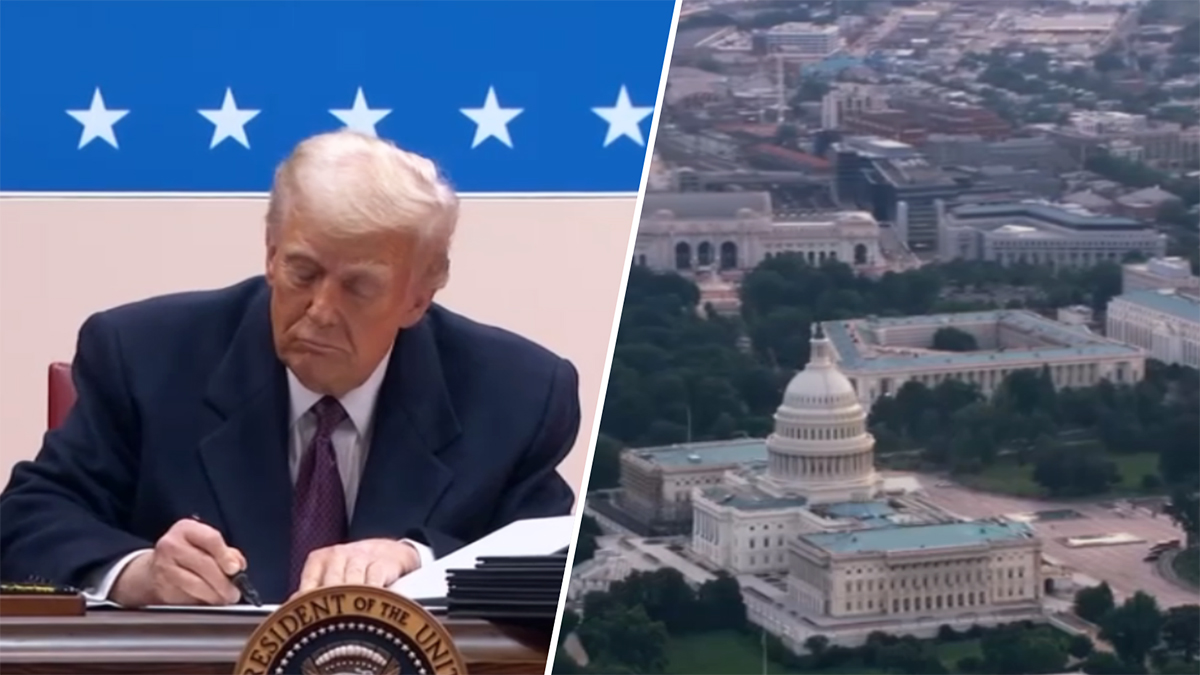President Donald Trump signed an executive order aimed at eliminating remote work for federal employees, mandating a return to in-person work. This affects over 3 million federal workers in the U.S., with 15% located in the D.C. area, making the government the largest employer in the region.
What Does Trump's Executive Order on Remote Work Say?
Trump's order emphasizes:
"Heads of all departments and agencies in the executive branch of Government shall, as soon as practicable, take all necessary steps to terminate remote work arrangements and require employees to return to work in-person at their respective duty stations on a full-time basis."
How Many Federal Employees Work Remotely?
Currently:
- Over 50% of government employees work in-person.
- 10% have fully remote positions.
- Federal workers typically spend about 79% of their working hours in the office.

Will All Federal Workers Have to Go Back to the Office?
Collective Bargaining Agreements (CBAs) protect remote work for many government branches, and the AFGE states these agreements are legally binding.
What’s the Difference Between Remote Work and Telework?
- Remote Work: Employees work from an alternate site (usually home) without regular office attendance.
- Telework: Employees report to the office regularly but can work from an alternate site on scheduled days.
When Will Federal Workers Have to Return to the Office Full-Time?
The directive does not set specific timelines, allowing federal agencies some discretion in implementing the changes, including the ability to provide exemptions.
What Reaction is the Remote Work Executive Order Getting in DC?
The order has elicited mixed responses:
- Support: From Republican lawmakers and D.C. Mayor Muriel Bowser, who links the return of federal employees to economic revival in downtown D.C.
- Opposition: Unions representing federal workers, like the AFGE, are pushing back, emphasizing the importance of hybrid work schedules for recruitment and retention.
Are Any Individuals or Groups Filing Lawsuits Over the Remote Work Order?
The AFGE has not confirmed any lawsuits but suggests action will depend on how the order is implemented and if it violates existing contracts.
Will Eliminating Remote Work Make Government More Effective?
Experts suggest that the effectiveness of government services should be evaluated independently of the location of federal employees. Jenny Mattingley from the Partnership for Public Service emphasizes the need to consider how best to serve constituents, regardless of where employees work.







Comments
Join Our Community
Sign up to share your thoughts, engage with others, and become part of our growing community.
No comments yet
Be the first to share your thoughts and start the conversation!